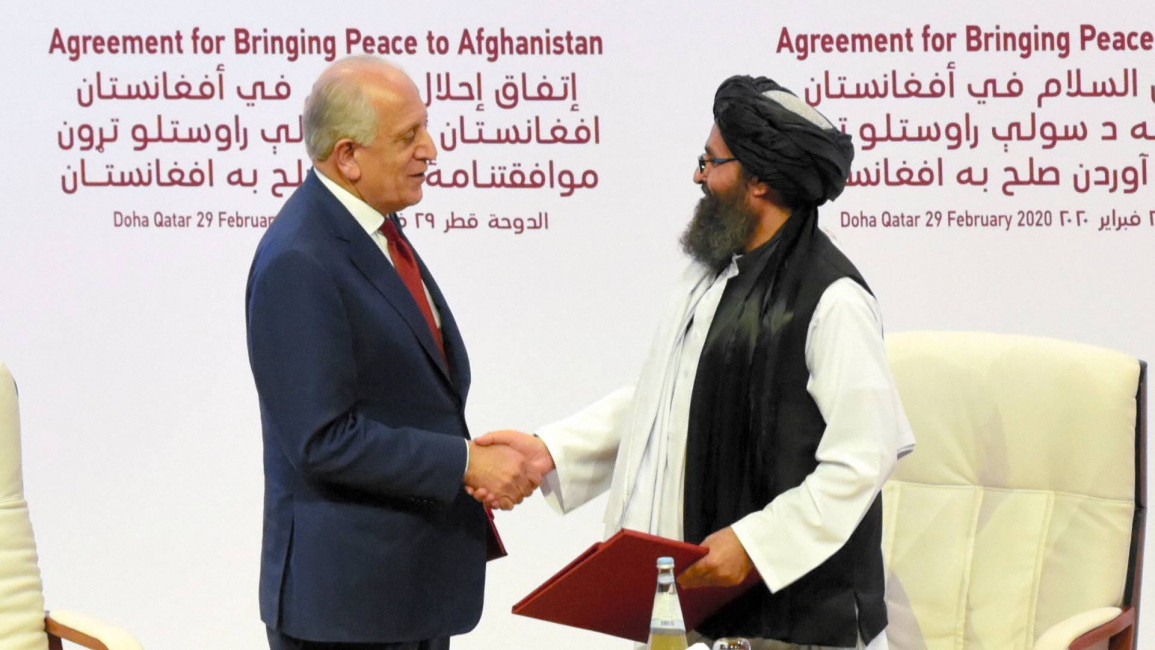US envoy calls on Taliban to implement Ramadan 'humanitarian ceasefire' during coronavirus pandemic
In a series of tweets marking the start of the Islamic holy month of Ramadan on Sunday, Zalmay Khalilzad said all sides should focus on fighting a "shared enemy".
"The well-being of the Afghan people and the country itself depend on all parties devoting their full energies to the fight against the Covid-19 pandemic," the Afghanistan-born US negotiator said.
"Ramadan offers the Taliban an opportunity to embrace a humanitarian ceasefire to reduce violence and suspend offensive military operations until the health crisis is over."
Afghan officials have so far confirmed 1,531 cases of Covid-19 including 50 deaths, but with woefully limited testing available, experts fear the true numbers are much higher.
Read also: Afghanistan: Asia's next coronavirus epicentre?
Khalilzad additionally called for an end to the dispute between President Ashraf Ghani and his rival Abdullah Abdullah, who also claimed the presidency after an election marred by fraud allegations.
 |
|
| Click to enlarge |
"Ramadan offers Afghan leaders, President Ghani and Dr. Abdullah, the opportunity to put the interest of the country ahead of their own," Khalilzad said.
Khalilzad's tweets come after similar calls last week from the Kabul administration and from the NATO alliance.
In a statement on Sunday, the Taliban said NATO - which continues to support Afghan forces through training, logistics and funding - was itself failing to show a willingness to pursue peace.
"Demanding a ceasefire and reduction in violence at a time when the opposite side is not executing its own obligations is both illogical and opportunistic," Taliban spokesman Zabihullah Mujahid wrote.
The Taliban have in recent days stepped up attacks on Afghan security forces, killing dozens of troops and police in a string of assaults.
Under the US-Taliban deal, American and other foreign forces have pledged to quit Afghanistan by July 2021 provided the Taliban stick to several security guarantees and hold talks with the government.
Follow us on Facebook, Twitter and Instagram to stay connected



